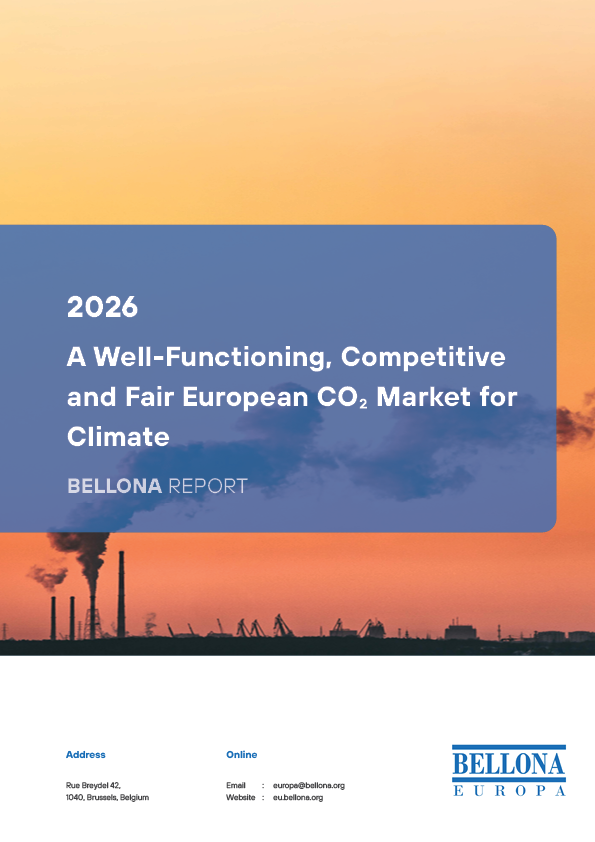
A Well-Functioning, Competitive and Fair European CO₂ Market for Climate
To reach climate neutrality by 2050, society will require CO₂ transport and storage services to be available at scale in a functioning internal Europ...
Publication

Publication
The chemicals industry is one of Europe’s largest manufacturing sectors. This industry produces petrochemicals, polymers, basic inorganics, specialties, and consumer chemicals. High demand for electrical and thermal energy, combined with an extensive use of fossil raw materials, makes the chemical sector one of the biggest emitters on the planet.
Decarbonising Europe’s industry is crucial in achieving the goal of climate neutrality by 2050. The production of basic materials such as steel, cement, lime, and chemicals accounts for about 18% of European greenhouse gas emissions. A large proportion of these base materials is produced in the Antwerp-Rotterdam-Rhine-Ruhr Area (ARRRA-cluster) in the Netherlands, Belgium and the German state of North Rhine-Westphalia. This is Europe’s primary industrial and chemical cluster with two of Europe’s busiest ports and accounting for approximately 40% of the petrochemical production in the European Union (EU)1.
Many subsectors of the chemical industry have viable large-scale solutions like low carbon electrification, hydrogen, and carbon capture and storage. This analysis focuses on plastics, where millions of tons of carbon are inherently part of the product. How can plastics be decarbonised?
Read our report in PDF below.
Get our latest news